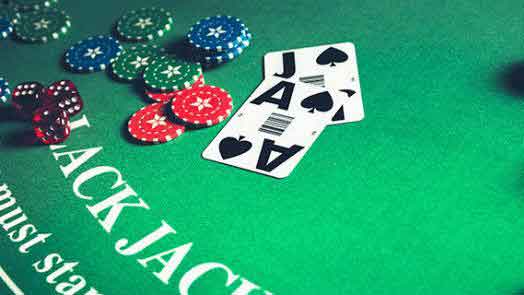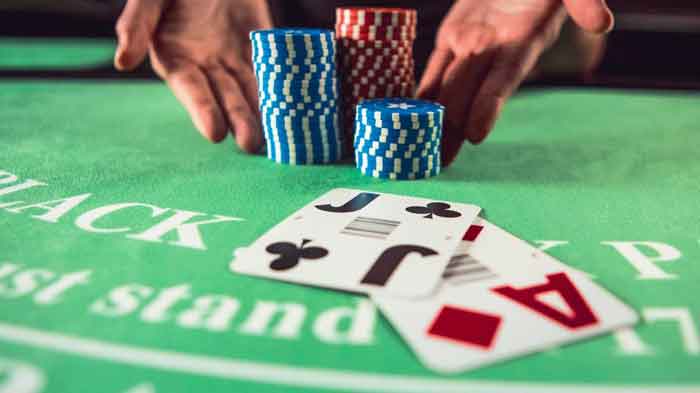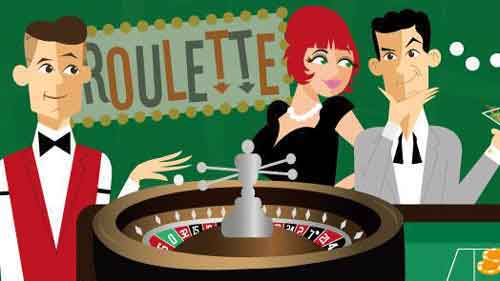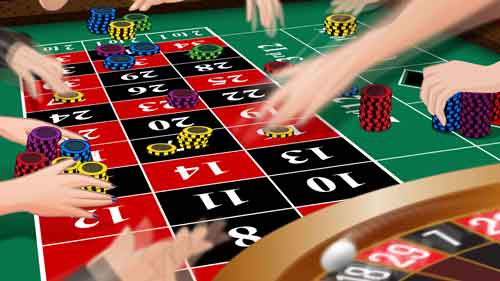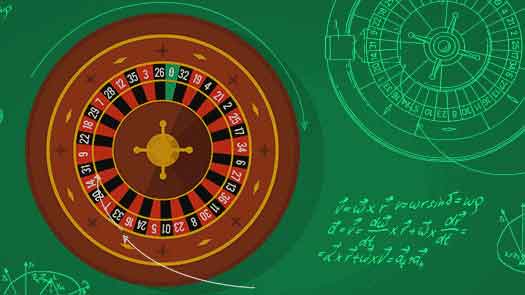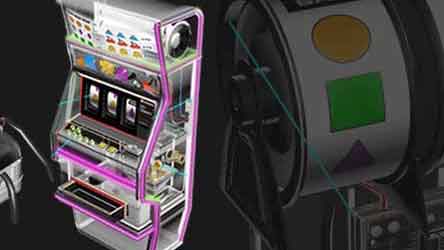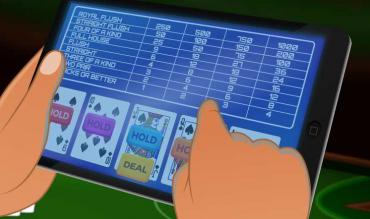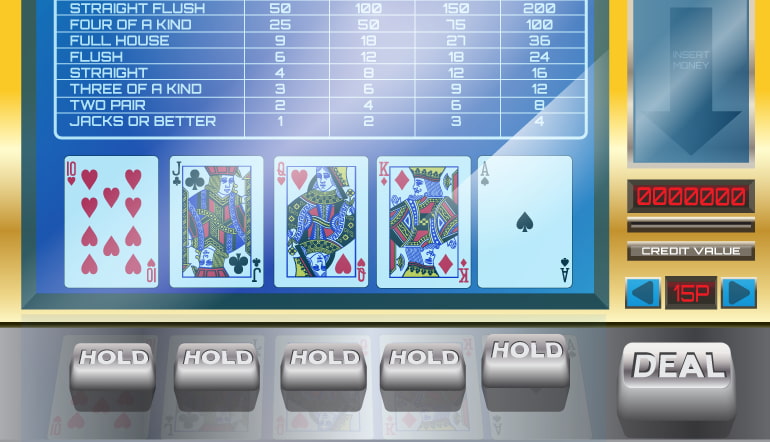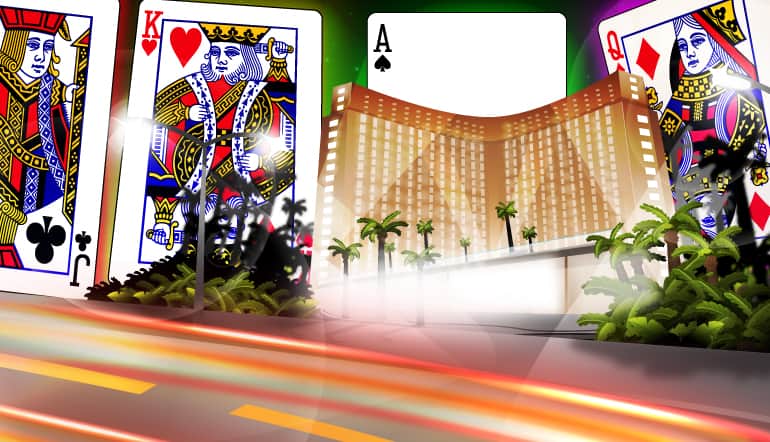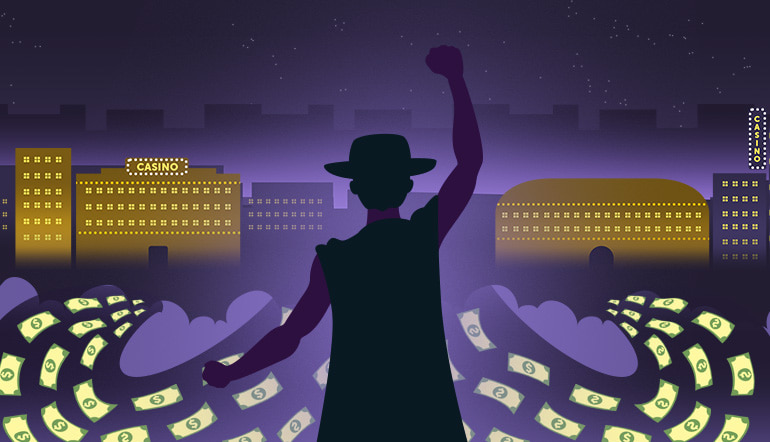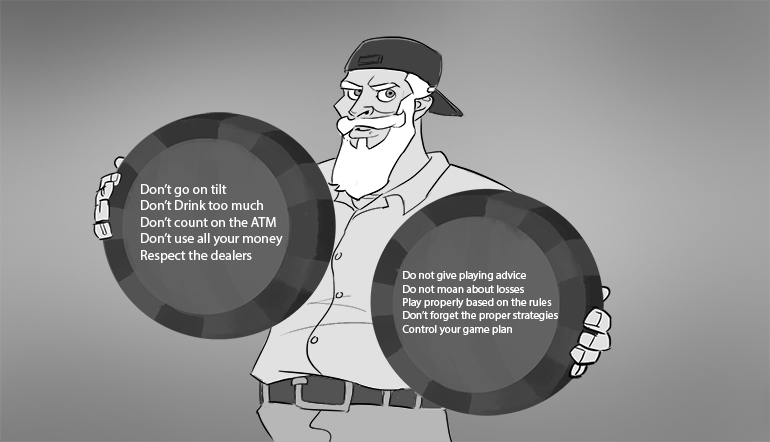Table of Contents
Intro to Casino Game Rules
Every casino game operates according to a clearly defined set of rules. These frameworks ensure that there is no grey area with respect to bets, outcomes, and payouts. The rules eliminate ambiguity through familiarity. A blackjack player can walk into any casino in Las Vegas, Reno, or Atlantic City, and know precisely what to expect at a blackjack table. With the exception of subtle rule differences such as 6:5 or 3:2 payouts on blackjack, or rules regarding the dealer drawing to 16 and standing on 17s (hard and soft), it is this very standardization that breeds familiarity among players.
Much the same is true with baccarat games where players can wager on banker, player, or tie bets. The standardization of rules makes it possible for a player from Macau to fly into Las Vegas and know exactly what to expect at a baccarat table. Even with baccarat, there are subtle rule differences which can make casino’s offerings more or less appealing. As a case in point, the vigorish in baccarat can easily be changed by the casino to make the game more attractive to players. When a casino reduces the vig – the juice – house edge is reduced accordingly.
Baccarat is not the only game where a casino charges a commission a.k.a. vigorish. Other games include Fan Tan, 3-Card Baccarat, Pai Gow Poker, and Pai Gow Tiles. Truth be told, it's tough to have a commission deducted from casino games, because dealers have to calculate 5% of the bets, and the vigorish slows down the games dramatically. An estimated 10,000+ baccarat tables exist around the world, making this the most popular game with a vigorish. This Italian-born casino card game has a huge following in Asia, and casinos recoup 5% of all banker bets as commission. When there’s ‘juice’ in play, the game pays out less than the true odds of winning. That's the vigorish, short & sweet.
Do Casinos Internally Adjust Game Rules?
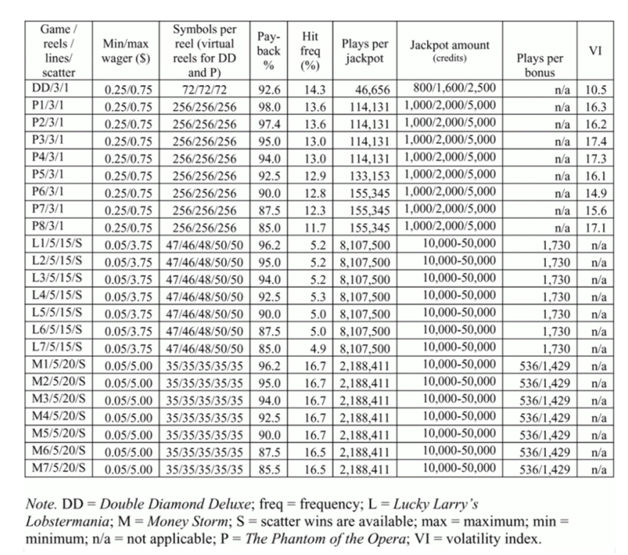
Source: IGT Slot games reviewed by University of Waterloo Researchers in 2009
There are hundreds of casino game rules that casinos abide by, including the many rules governing slot machine games. This begs the question: can casinos adjust slot machine payouts, to make them pay more or pay less? Not only is it theoretically possible for a casino to manually or automatically adjust slot machines rules to make them pay out more or less, the process of doing so is a lot easier than one might imagine.
An article from the New York Times, dated April 12, 2006 (Matt Richtel) detailed how easy it was for Justin Beltram of the Treasure Island Casino to automatically reprogram some 1790+ slot machine games on the casino floor at the hotel. The computer software was readily available back then for the point man to ‘tinker’ with the minimum/maximum coin denominations, game themes, and RTPs (return to player) of individual slot machine games.
True to form, slots were incredibly difficult to manipulate in the days of yore. These rigid contraptions, weird and wonderful mechanical devices that they were, were set to pay out a fixed amount. Changing any of these programs required manually opening up individual machines, removing the existing computer chip, and replacing it with a new one. This complicated process was time-consuming, labor-intensive, and expensive. Nobody manually changes the inner-mechanics of slot machine games any more, whether in Las Vegas, Atlantic City, or Macau. Today’s technology makes it really easy for executive directors of slots to automatically adjust slots on the casino floor, subject to the regulatory constraints of state-sanctioned gaming control boards.
Naturally, casinos walk a fine line when they manipulate the rules, payout rates, or functionality of slot machine games without informing players. Nowadays, very few (if any) slot machine games have cylindrical reels any more. Everything is computerized. What players see spinning reels on the screen, this is typically nothing more than window dressing.
The moment you depress the spin button, the outcome is already generated by the RNG and the spinning reels that you see are simply there for show. Nowadays, it's all about HD functionality with fully immersive, interactive, and engaging gameplay slot machine games. From a player’s perspective, the focus is on preventing casinos from manipulating game odds in favor of the house. Fortunately, such transgressions run afoul of the law and will result in the casino operator’s gaming license being revoked.
Do Casinos Ever Change the Rules to Benefit Players?
From time to time however, casinos do in fact change the rules to benefit high rollers. These may be done for publicity purposes such as the time when a man named Don Johnson beat 3 Atlantic casinos for a total takedown of $15 million back in the day. He was allowed to play a 6-deck game with lackadaisical rules. Of course, the rules were bent with both player and casino in full knowledge of this. Not only was Johnson allowed to bet as much as $100,000 per blackjack hand, but he was also required to front $1 million with the casino in order to guarantee the odds he was being given.
However, to sweeten the deal, Johnson negotiated with the Atlantic City casinos that he would get 20% cashback on his losses, on the proviso that the losses amounted to a minimum of $500,000. At first glance, it's hard to see how he won so much money from the casino, or how the cashback option factored into reducing the house edge so substantially. However, the 20% rebate was a substantial gift to Johnson, since the casino made 20% less than it would have on his losses.
Then of course there was the case of Ashley Revell who was allowed to bet substantially more than the table maximum on a high profile game of roulette. He placed a wager of $135,300 on red at the Plaza Hotel and Casino, in Las Vegas, Nevada. History was made when Revell’s color landed and he walked away with $270,600. After his big win, he settled down, got married, had kids and started up a website named iGamingRecruitment.com. Of course, this was made possible because the casino changed its game rules to allow a much bigger maximum bet.
How Can Players Identify Casino Rules?
Casino card games, table games, and slot machine games are all governed by a set of rules. The rules differ from one game to the next, at the casino's discretion. Once the rules are in place, they typically remain unaltered. With table games, players will always see a rectangular sign which indicates the min/max bets at the table. Sometimes, these will be color-coded for quick and easy referencing purposes.
At Las Vegas casinos, white indicates $1, red indicates $5, green $25, and black $100. It is quite possible that the min/max bets at a table can easily change. The name and rules of the game you're playing will always be prominently displayed – if ever there is any doubt simply ask the croupier for a quick summary.
In recent years, sweeping changes have taken place with specific casino game rules. For example, several blackjack operators on the Vegas Strip changed the payouts on blackjack games from 3:2 to 6:5. This was done at the Palazzo Casino and the Venetian casino in March 2017. While many players were blissfully unaware of this, it makes a substantial difference to the payouts.
A $100 bet would receive a blackjack payout of $150 (3:2), while that same $100 bet now receives a blackjack payout of $120 (6:5). The net effect of this subtle, yet important, rule change is an increased profit/decreased loss for the casino to the tune of $30 on every blackjack hand per $100 winning bet. While most players think that if you beat the dealer with anything other than a blackjack you still get paid 3:2, or 6:5, this is simply not true. The payout on a winning hand is 1:1 – not the blackjack payout.
In summary:
Each US state which has regulated gambling activity has specific rules in place regarding any changes to a gaming machine. If a change is made, that machine has to be reported as a new game. In any event, there is always a lengthy auditing procedure and many people are involved whenever machines are tinkered with.
It's never a single person making widespread changes to game rules, betting minimums and maximums, game design, functionality, RTP, et cetera. Once the changes have been implemented, the machine needs to be reset and rebooted. It is certainly possible for a casino to fiddle around with the payback percentage of the machine, but they cannot fuss with the RNGs that determine game outcomes.
Rather than fiddling with slot machine games, card games, and table games to make them more favorable to the casino, casinos tend to bring in games with lower RTPs such as bingo, keno, scratchcards and the like. Fortunately, many states have laws in place regarding the minimum payback percentage threshold that must be in place at all times.
In the state of NewYork, it is 90%.In Nevada it can be as low as 75%. When all is said and done, it is extremely unlikely that casinos would be operating in a subterfuge manner to intentionally defraud players of their winnings. It is equally unlikely that casinos are messing with their paybacks on specific games, or groups of games because this would result in less footfall traffic and lower overall revenues.
